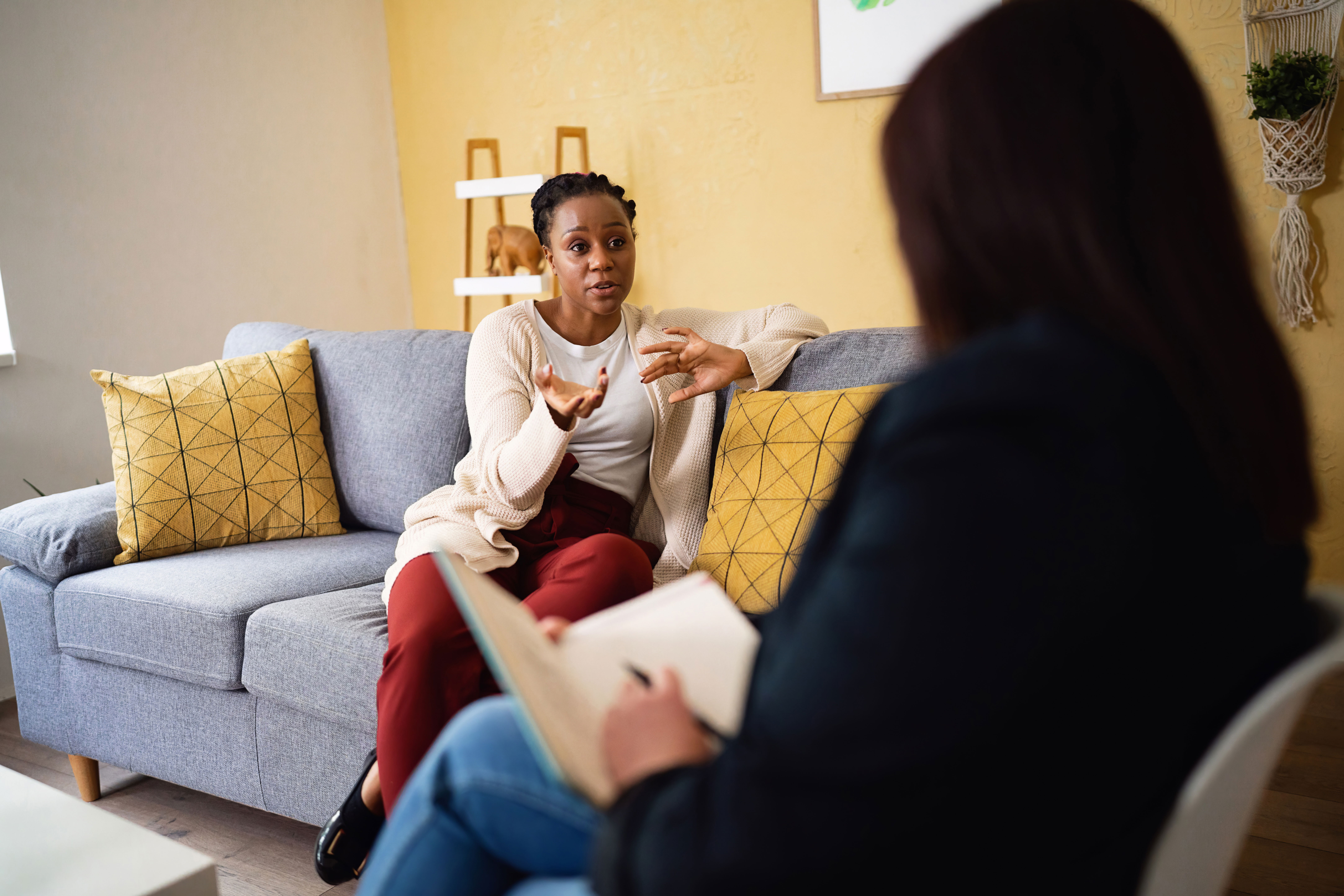How to build a positive connection (When you're feeling stuck)
Feeling stuck, hopeless, or alone? Wondering how to build a positive connection when everything feels hard? You're not alone—and you don't have to figure it out by yourself.This week, we're focusing on one powerful step: building a single positive connection with someone who supports your growth. It could be a mentor, a coach, a trusted adult, or a peer who's moving positively. The goal is simple: spend dedicated time with them and have an open conversation about your hopes, challenges, and aspirations.
Why does this matter?
The research is clear: you don't have to do this alone. Having someone in your corner—someone who sees your potential and cares about your journey—can shift your trajectory:
- Mentorship reduces feelings of hopelessness. Young people with mentors are less likely to struggle with persistent feelings of sadness and hopelessness. When you have someone who believes in you, it becomes easier to believe in yourself.
- Positive relationships boost mental health. Mentoring relationships can help youth develop life skills and explore career options, leading to improved mental health and well-being. These connections help you develop practical life skills while improving overall well-being.
- Connection fosters resilience. Having a consistent, caring adult can reduce negative outcomes and promote hope. A consistent, caring person in your life can help you weather setbacks and maintain hope.

What are your action steps this week?
1. Who should you choose?
Think about who might be a good fit:
- A teacher, coach, or former mentor
- A supervisor or coworker who seems supportive
- A family member (not a parent, if that feels too close)
- A community leader, youth worker, or faith community member
- Even a peer who's a bit ahead of you and moving positively
Don't overthink it. You're looking for someone who seems genuine, has shown interest in helping others, or who you simply feel comfortable around.
2. How do you reach out?
This might feel scary—that's normal. Keep it simple:
- "Hey, I'm working on some goals and would really value your perspective. Could we talk for 30-60 minutes this week?"
- "I've always appreciated your honesty and the way you encourage people. I'm trying to figure some things out—would you be open to chatting?"
Send a message or arrange to meet (in-person or online) for 30–60 minutes.
3. What should you talk about?
When you meet, be honest:
- Share where you are right now (without sugarcoating or dramatizing)
- Talk about what you're hoping for
- Ask about their story—times they struggled or felt stuck
- Explore how they might support you (weekly check-ins, accountability, exploring opportunities, or just listening)
You don't need to have it all figured out. Vulnerability is the point.
4. How should you reflect afterward?
Take 10 minutes alone to think:
- How did it feel to open up?
- What surprised you about the conversation?
- Did anything make you uncomfortable? (That's okay—notice it.)
- Do you feel like this person could be someone to continue connecting with?
5. What's your next step?
Before the week ends:
- Schedule a follow-up meeting
- Send them a thank-you message and share one thing you're working on
- Ask them to help with something specific (exploring a program, practicing interview skills, etc.)
What if this feels awkward?
If you feel awkward, that's completely normal. Opening up takes courage, especially if you've been isolated or hurt before. The goal isn't to perform or impress—it's to practice connection. This person won't fix everything. They're not a savior. But they can be a witness to your journey, a source of perspective, and someone who reminds you that you matter. You might not find the right person on the first try. If the first conversation doesn't click, that's information, not failure. Try someone else. Remember: It's okay if you feel awkward. The goal is connection, not perfection.
What if you can't think of anyone?
If you genuinely can't identify someone right now, here are alternatives:
- Call a local youth center, library, or community organization and ask if they have mentoring programs
- Look into online mentoring platforms (like iCouldBe, Big Brothers Big Sisters of America, or career-specific mentorship programs)
- Consider a peer support group where multiple people can offer connection
The key is taking the first step toward connection—even if it's imperfect.
Your challenge this week
One conversation. One person. One week. You've got this. What's one step you'll take this week? Share in the comments below.
Need support right now? Remember, reaching out is a sign of strength, not weakness. If you're in crisis, contact us immediately.